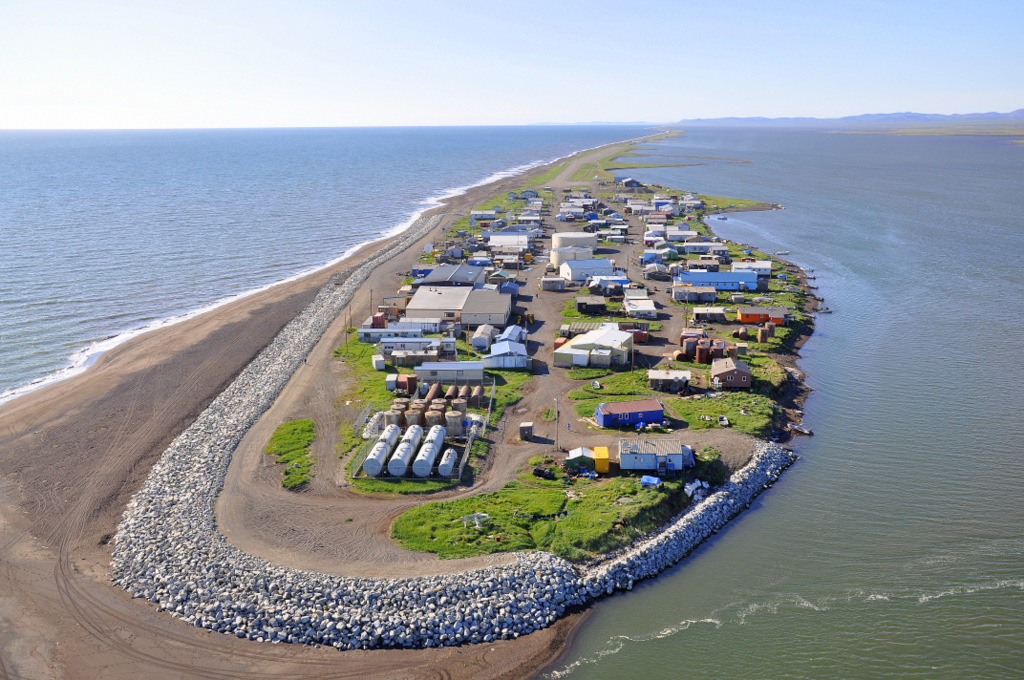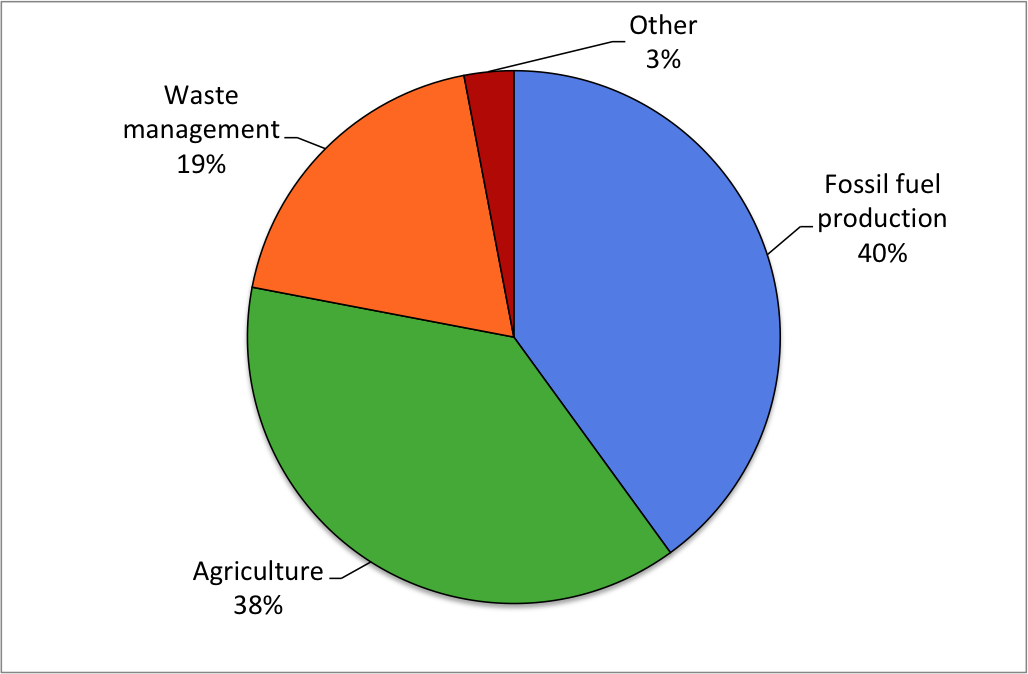This January, five U.S. Tribes in Alaska and Louisiana submitted a complaint to multiple U.N. Special Rapporteurs, claiming that the U.S. government is violating its international human rights obligations by failing to address climate change impacts that result in forced displacement. The complaint is the second climate displacement-related complaint to […]
“Climate change has to be broken down into bite-size pieces,” Hillary Clinton said at the Clinton Global Initiative (CGI) Action Network meeting on post-disaster recovery last week. CGI convened over 500 government and private sector representatives to commit to projects that will make the Caribbean carbon neutral this century. I […]
By Madeline Cameron Wardleworth To Australian eyes, the deplaning of US firefighters in Sydney in January 2020 felt like watching the Avengers arrive at a battle scene. Our battle scene this summer has looked apocalyptic, with the bushfire crisis having refashioned the Australian landscape to be a kangaroo-corpse infected iteration of […]
Each month, Arnold & Porter and the Sabin Center for Climate Change Law collect and summarize developments in climate-related litigation, which we also add to our U.S. and non-U.S. climate litigation charts. If you know of any cases we have missed, please email us at columbiaclimate@gmail.com. HERE ARE THE ADDITIONS TO THE CLIMATE CASE CHART SINCE UPDATE #130: […]
An increasing number of U.S. cities are seeking to limit the flow of vehicular traffic in designated areas as a means to reduce greenhouse gas and other emissions from cars and trucks and to help achieve their municipal climate goals. The creation of these “low traffic zones,” or LTZs, can […]
By Michael Burger, Jessica Wentz, and Radley Horton The evolving field of climate change attribution science plays a critical role in shaping our understanding of how humans are affecting the global climate system, and in informing discussions about responsibility for climate change impacts. Attribution science, which explores the links between […]
By Romany M. Webb On Tuesday, January 28, House Democrats published a draft of the so-called “CLEAN Future Act” which aims to “achieve a 100 percent clean economy by not later than 2050.” The Act’s authors describe it as a “comprehensive” plan for achieving “net zero greenhouse gas pollution, while […]
This week, Daniel Metzger joins the Sabin Center as a Climate Law Fellow. Daniel’s work will focus on, among other areas, international climate change litigation, climate risks and opportunities in the reinsurance industry, and the law and science of climate change attribution. Before joining the Sabin Center, Daniel practiced with Selendy […]





